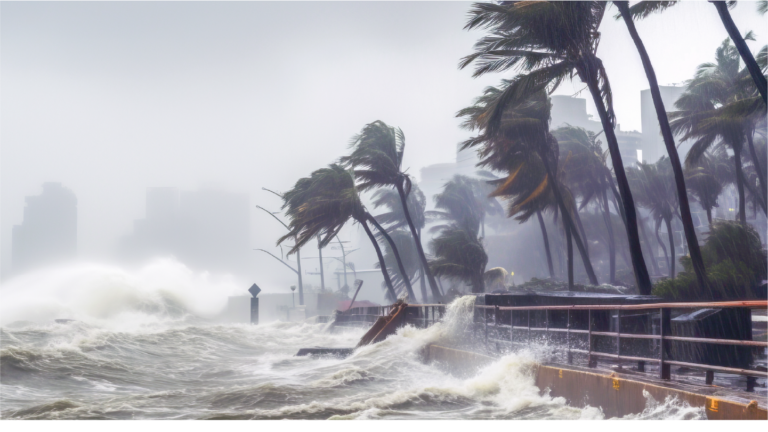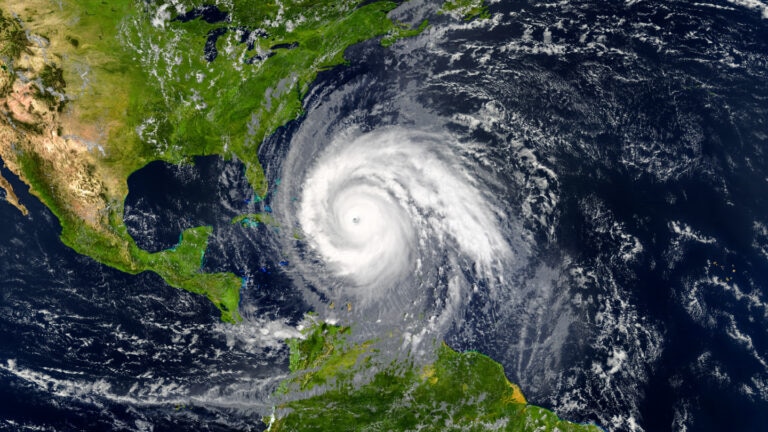
Jennifer Rubin, senior underwriting executive and head of war & terrorism, Liberty Specialty Markets, Global Risk Solutions, talks about the potential benefits of a stand-alone war and terrorism insurance.
Q1. It seems that suddenly everyone is talking about war and terrorism insurance coverage – but despite its new notoriety, it’s really a well-established product, isn’t it?
Rubin: Yes, it is. While the increasing frequency and severity of civil unrest in the U.S. over the past several months has raised increased awareness of war and terrorism insurance, banks have required companies to purchase terrorism insurance as part of standard lender practices for several years now.
Unfortunately, as we have all witnessed first-hand, what originally could have been described as a cautionary lender requirement has become a very real risk that cuts across industry and geography. Our new reality is that it is neither alarmist nor hyperbole to say that any company, anywhere, at any time can be affected by terrorism, strike, riot, or civil commotion.
Q2. Can you give us an example of a challenge that a business could face after a terrorism event?
Rubin: Beyond rebuilding physical damage, another key challenge following a terror attack is the closure of area businesses – including those not physically damaged – as authorities investigate the event. Take for example the bombing of the AT&T building in Nashville, a seemingly low-risk target and location. Yet the actions of one individual caused a ripple effect throughout the city.
During the investigation, affected businesses saw the area locked down for weeks with access denied to their locations stemming not from just physical damage, but also proximity to the event.
So, while war and terrorism insurance is not new, the level of risk to businesses in the U.S. is seemingly increasing.
Q3. Don’t companies get coverage for war and terrorism through TRIPRA (Terrorism Risk Insurance Program Reauthorization Act)? How is a stand-alone war and terrorism insurance policy different?
Rubin: Businesses generally have two options to protect themselves from the impact of a terror event: coverage through TRIPRA or a stand-alone war & terrorism policy. There are a few key differences between these involving contract and payment certainty.
For an event to be covered by TRIPRA, three things need to happen. First, the federal government must certify the event as an act of terrorism; second, the loss must meet a specific financial threshold; and third, there must be physical damage.
So, while a business may have coverage through TRIPRA, if these three conditions aren’t met, coverage won’t apply. And even if these conditions are met, the process can take a while and delay claims payouts—something many businesses just can’t afford.
With a stand-alone war and terrorism insurance policy, terms and conditions are used as the basis for loss adjustment of a claim. So, if the loss is within the policy language, the claim should be covered. A stand-alone insurance agreement typically defines acts of terrorism as attacks which are carried out for political, religious or ideological purposes. In addition, many stand-alone polices don’t have minimum loss amount or direct physical damage requirements.
So, going back to the event in Nashville, even if a business with stand-alone coverage did not suffer physical damage, if it was located in close proximity to the event —which would be defined in the policy— and were unable to operate, its business interruption should be covered.
Q4. Isn’t war and terrorism coverage included in commercial property policies?
Rubin: Until 2001, war and terrorism was typically part of an insured’s property coverage. But as the risk and threat increased, insurance carriers started to become more selective and even exclude coverage. That’s why the insurance industry developed a dedicated product to respond to the specific coverage needs associated with war and terrorism.
Liberty has offered war and terrorism insurance out of our London operations for two decades and this deep experience is now available in the U.S. Our coverage also offers endorsements to cover other events, including strike, riot, and civil commotion.
Q5. Does stand-alone coverage only make sense for companies in highly populated areas or metropolitan locations?
Rubin: Not at all. Purchasing a stand-alone policy can be beneficial for businesses of any size, industry, or location — including those based outside of major metropolitan areas. In addition to helping a company satisfy bank requirements for a mortgage, a stand-alone policy may also be a better value from a cost perspective.
When underwriting a stand-alone policy, we base our pricing on the individual company’s merits of risk and develop the solution that best fits their needs. This same approach is not taken with coverage through TRIPRA, which also inherently offers less contract and payment certainty. So, by selecting a stand-alone policy, a business could be paying less for better coverage.
Q6. Are there specific types of businesses that should strongly consider stand-alone policies?
Rubin: While retailers are often seen as the most vulnerable to fallout from terror attacks due to the negative impact on foot traffic, many of these companies can fall back on online channels to keep generating income. Industries that are much more vulnerable to being closed as the event is investigated are construction, financial institutions, and non-hospital healthcare providers such as nursing homes, assisted living facilities, and doctor’s offices whose operations are location dependent.
For example, when a terror event occurs and the surrounding area is shut down for clean-up and investigation, there is nothing a construction project can do except cease operations until the area is reopened.
The same is true for nursing homes and assisted living facilities where alternative location options are limited, making it difficult to provide the level of care necessary to their patients. And while telehealth options have become more widely accepted by patients and healthcare providers over the past year, denial of access can still have a huge impact on elective procedures and routine care.
Most importantly, many of these operations may not have the financial reserves needed to stay afloat while they wait for the federal government to certify a terror event. These companies most need the payment and contract certainty of a stand-alone war and terrorism policy, and yet they make up many TRIPRA participants.
Q7. What should businesses considering war & terrorism coverage look for in an insurance carrier?
Rubin: Given the current environment, having war & terrorism coverage is likely going to be even more important, but it is a niche product. So, selecting a carrier with deep expertise and dedicated underwriters is critical.
In addition, sometimes there can be a grey area between war and terrorism and property coverage. But that’s the benefit of working with a carrier like Liberty Mutual. We help eliminate these coverage gaps and overlaps through our unique team approach – we draw on expertise and experience across our commercial property, specialty property, and war & terrorism teams. Our goal is to partner with brokers to develop holistic solutions that provide our policyholders with the right level of protection across their entire operation.
War & Terrorism coverage from Liberty Mutual is available from its Liberty Specialty Markets and Ironshore divisions. Speak with your underwriter or broker for more information.
Related insights
This website is general in nature, and is provided as a courtesy to you. Information is accurate to the best of Liberty Mutual’s knowledge, but companies and individuals should not rely on it to prevent and mitigate all risks as an explanation of coverage or benefits under an insurance policy. Consult your professional advisor regarding your particular facts and circumstance. By citing external authorities or linking to other websites, Liberty Mutual is not endorsing them.



